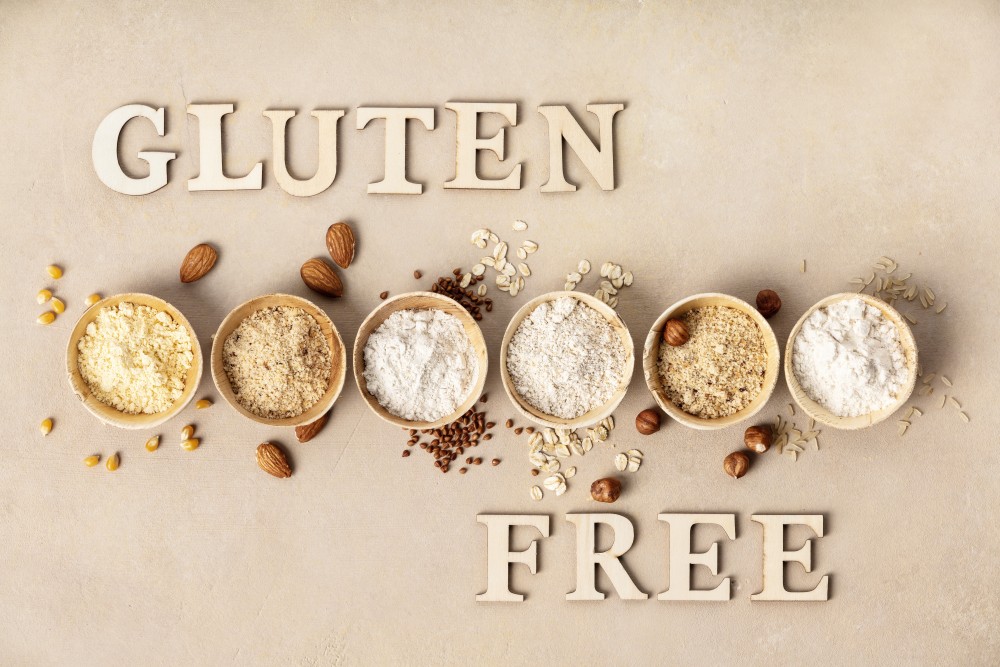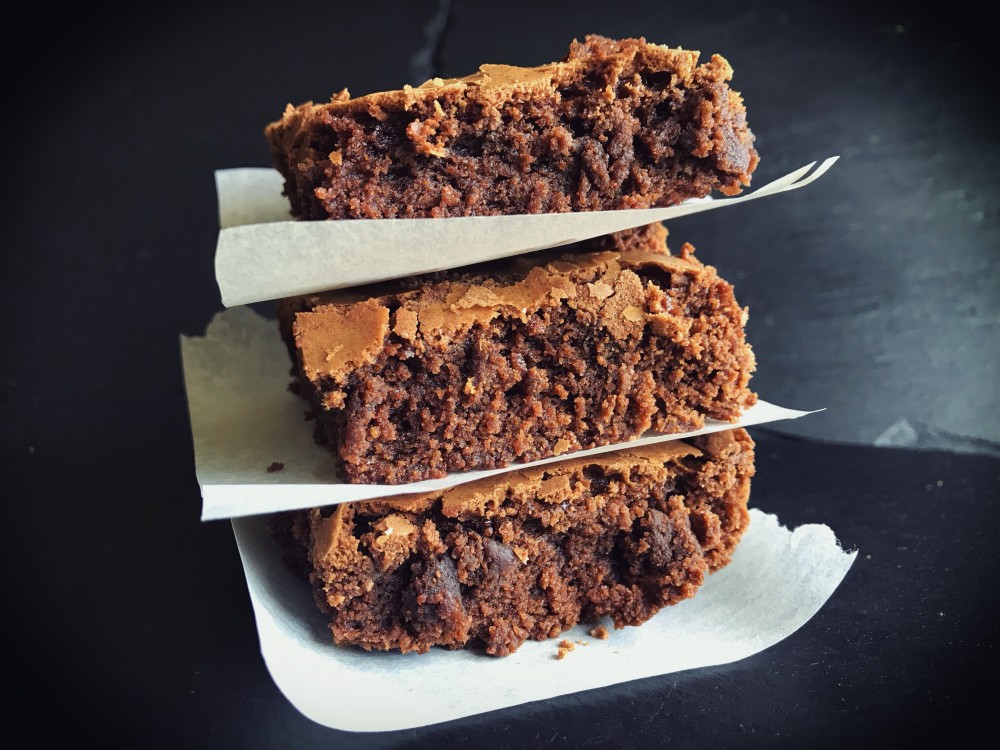
Understanding the Vegan and Gluten-Free Market
The vegan and gluten-free market is expanding rapidly, reflecting the growing number of individuals adopting these dietary choices. A combination of factors, including health concerns, environmental awareness, and ethical considerations, are driving more and more people towards veganism and gluten-free diets.
From a health perspective, these diets have numerous benefits. Vegan diets, rich in fruits, vegetables, and whole grains, can help reduce the risk of heart disease, diabetes, and certain types of cancer. Gluten-free diets, on the other hand, are essential for individuals with celiac disease or gluten sensitivity, and many people report improved digestion and energy levels when they eliminate gluten from their diets.
Moreover, these dietary choices have significant environmental implications. Vegan diets, for instance, can help reduce greenhouse gas emissions, as plant-based foods generally require less energy and resources to produce than animal-based foods.
The following sections will delve deeper into these aspects, comprehensively understanding the vegan and gluten-free market and its potential for future growth.
Advantages of Providing Plant-Based and Allergy-Friendly Cakes
In the competitive world of the food industry, diversifying offerings to cater to a wider range of dietary preferences can be a game-changer. By offering vegan and gluten-free cakes, businesses can tap into a growing market segment and attract a broader customer base. This includes those who follow these diets out of necessity or choice and those who are curious or looking for healthier alternatives.
The benefits of this strategy extend beyond just attracting new customers. It can also lead to increased revenue as these specialty items often command higher prices due to their unique ingredients and preparation methods. Moreover, by demonstrating a commitment to inclusivity and customer satisfaction, businesses can foster stronger relationships, leading to greater customer loyalty.
In a world where dietary preferences are increasingly diverse, the ability to cater to these needs is not just a nice-to-have but a must-have.
Developing Your Vegan and Gluten-Free Cake Menu
A vegan and gluten-free cake menu requires careful consideration of ingredients and recipe development. Almond or coconut flour can provide a gluten-free alternative without compromising taste or texture. Similarly, ingredients like flaxseeds or applesauce can be effective egg substitutes.
When it comes to creating delicious vegan and gluten-free cake recipes, experimentation is key. Feel free to try different combinations of ingredients and flavours. Remember, the goal is to create just as delicious, if not more so, cakes than their traditional counterparts.
Classics like chocolate, vanilla, and red velvet are always a hit in popular flavours. Consider options like lemon lavender, coconut lime, or even a rich, spiced carrot cake for something different. The possibilities are endless and limited only by your creativity.

Navigating Allergens and Cross-Contamination
When offering vegan and gluten-free options, it is crucial to maintain an allergen-free environment. Even the slightest trace of an allergen can cause serious health issues for customers with dietary restrictions or allergies. Therefore, it’s not just about offering these options but also about ensuring their safety and integrity.
Preventing cross-contamination is a critical aspect of this process. Here are a few strategies to consider:
- Separate Storage: Store vegan and gluten-free ingredients separately from other ingredients to prevent accidental mixing.
- Dedicated Equipment: Use separate tools and equipment for preparing vegan and gluten-free items. This includes mixers, pans, spatulas, and even oven racks.
- Cleaning: Regularly clean all surfaces and equipment to remove potential allergen residues.
- Training: Ensure all staff members are trained in allergen management and understand the importance of avoiding cross-contamination.
By implementing these strategies, you can create a safe and inclusive environment for all customers, regardless of their dietary preferences or restrictions.
Marketing and Promoting Your Vegan and Gluten-Free Cakes
Effective marketing is crucial in reaching your target audience and promoting vegan and gluten-free cake offerings. There needs to be more than these options available; you need to let your customers know about them and highlight their unique selling points.
Here are a few tips for promoting your vegan and gluten-free cakes:
- Social Media: Use platforms like Instagram, Facebook, and Pinterest to showcase your offerings. High-quality photos and engaging captions can go a long way in attracting customers.
- Website: Ensure your website is up-to-date with your latest offerings. Consider having a dedicated section for vegan and gluten-free options.
- Local Events: Participate in local events or farmers’ markets to showcase your cakes and reach potential customers directly.
- Partnerships: Collaborate with local gyms, health clubs, or dietitians who can recommend your offerings to their clients.
- Customer Testimonials: Encourage satisfied customers to share their experiences. Word-of-mouth is a powerful marketing tool.
Remember, the key to successful marketing is understanding your customer’s needs and preferences and communicating how your offerings can meet those needs.
Collaborating with Local Suppliers and Bakeries
Partnering with local suppliers for vegan and gluten-free ingredients can support the local economy and foster community relationships. Local suppliers often have fresh, high-quality products that can enhance the taste and quality of cakes. Lastly, working with local suppliers can help ensure a steady supply of ingredients, reducing the risk of shortages or delays.
In addition to local suppliers, collaborating with specialised bakeries can also be beneficial. These bakeries often deeply understand vegan and gluten-free baking and can provide valuable insights and advice. Furthermore, they may offer unique products you can incorporate into your menu, providing your customers a wider range of options.
Remember, collaboration is a two-way street. Working together can create a stronger, more vibrant vegan and gluten-free offering that benefits everyone involved.
Training Staff and Ensuring Quality Control
Educating your staff about vegan and gluten-free options is critical to offering these products. Staff should understand what these diets entail, why customers may choose them, and how to handle related questions or concerns. This knowledge will enable them to provide better service, make appropriate recommendations, and ensure customer satisfaction.
In terms of quality control, consistency is key. Here are a few guidelines to maintain the quality of your vegan and gluten-free cakes:
- Standardised Recipes: Use standardised recipes to ensure each batch of cakes is consistent in taste and texture. Doing this also helps in maintaining portion control and managing costs.
- Regular Training: Conduct regular training sessions to update your staff on new recipes, techniques, and industry trends. Doing this will help them improve their skills and maintain the quality of your products.
- Quality Ingredients: Always use high-quality ingredients. Doing this enhances the taste of your cakes and shows your commitment to providing the best to your customers.
- Regular Audits: Conduct regular audits to check the quality of your products, the cleanliness of the kitchen, and adherence to recipes and procedures.
By implementing these strategies, you can ensure that your vegan and gluten-free cakes are always of the highest quality, winning over customers and setting your business apart from the competition.
Customer Feedback and Continuous Improvement
Customer feedback is a valuable resource for any business, and it’s especially important when offering specialised products like vegan and gluten-free cakes. By listening to your customers, you can gain insights into what’s working, what’s not, and where there’s room for improvement. This feedback can guide you in making necessary adjustments to your recipes, presentation, or customer service.
Moreover, customer feedback can help you expand your vegan and gluten-free cake menu. Customers may request specific flavours or types of cakes that you still need to consider. By responding to these requests, you can meet your customers’ needs, stay ahead of industry trends, and differentiate yourself from competitors.
Remember, continuous improvement is a journey, not a destination. By staying open to feedback and committed to improvement, you can ensure that your vegan and gluten-free cake offerings continue to delight your customers and contribute to your business’s success.
Conclusion
Embracing the vegan and gluten-free trend in your restaurant can bring numerous benefits. From attracting a wider customer base and increasing revenue to fostering customer loyalty and supporting health and environmental sustainability, these dietary options are more than a fad. They represent a shift in consumer preferences and a growing awareness of the impact of our food choices.
Plant-based and allergy-friendly cakes are a practical and profitable way to cater to this trend. It may require some effort regarding recipe development, staff training, and quality control, but the potential rewards are well worth it.
So, whether you’re already on board with this trend or just starting to consider it, we encourage you to take the necessary steps to offer vegan and gluten-free cakes. Listen to your customers, experiment with different recipes, and don’t be afraid to seek help or advice. With creativity, commitment, and a customer-focused approach, you can create a vegan and gluten-free cake menu that is both delicious and inclusive.
